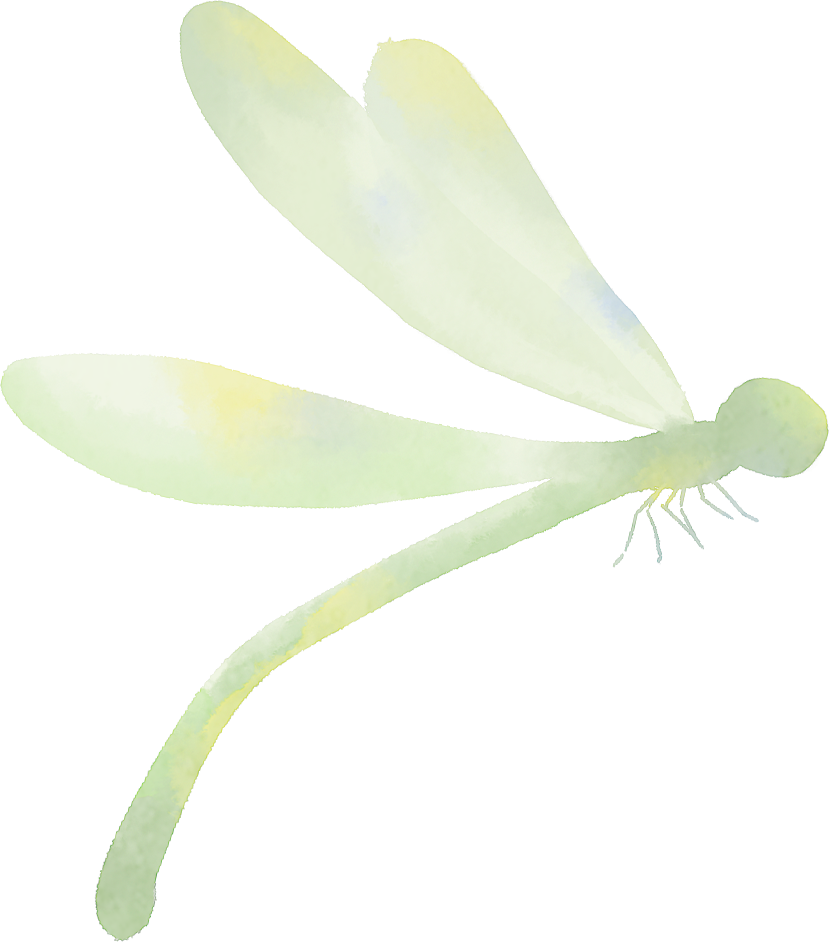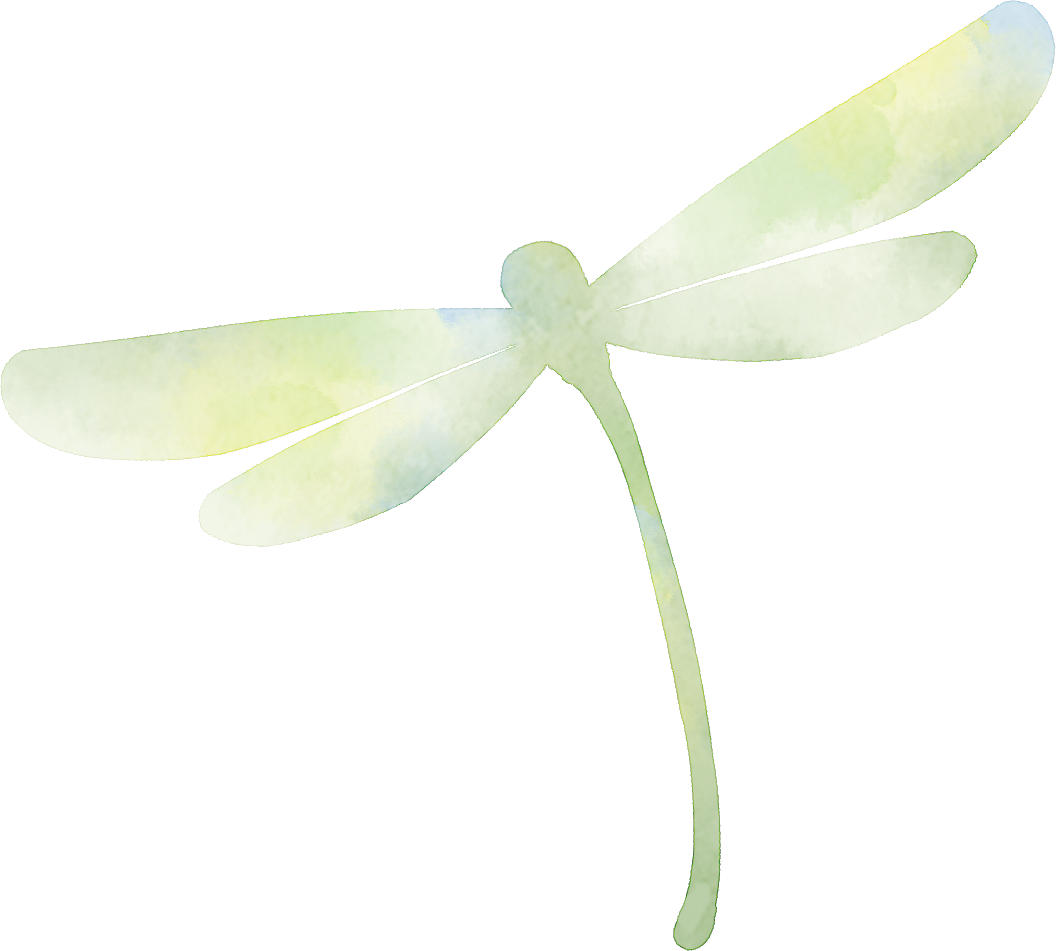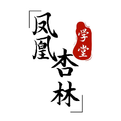
The elements of pulse diagnosis are typically analyzed and summarized in five aspects: location, number, shape, force, and rhythm.
Generally, the main factors constituting various pulse types can be roughly divided into eight aspects: location, frequency, width, length, strength, smoothness, tension, and uniformity. The different degrees of variation in these characteristics manifest as various pulse forms.


1
Pulse Diagnosis / Methods and Considerations
Timing of pulse diagnosis, body position, finger techniques (location, finger placement, single press and total press, lifting, pressing, searching).

2
Pulse Location / Classification
Pulse location refers to the depth at which the pulse is felt.
Based on pulse location, it can be classified into floating pulse, scattered pulse, hollow pulse, sinking pulse, hidden pulse, and firm pulse.

3
Frequency / Classification
Frequency refers to the rate of the pulse. In TCM, one respiratory cycle is considered a unit of pulse measurement, with one inhalation and one exhalation constituting one breath. A pulse of four to five beats per breath is considered a normal pulse.
Based on frequency, it can be classified into slow pulse, moderate pulse, rapid pulse, and fast pulse.

4
Pulse Width / Classification
Pulse width refers to the radial range of the pulse that can be felt by the fingers, indicating the thickness of the pulse (not to be confused with the thickness of blood vessels).
Based on pulse width, it can be classified into flooding pulse and thin pulse (small pulse).

5
Pulse Length / Classification
Pulse length refers to the axial range of the pulse that can be felt, generally measured at the three positions: cun (寸), guan (关), and chi (尺).
Based on pulse length, it can be classified into long pulse and short pulse.

6
Pulse Strength / Classification
Pulse strength refers to the intensity of the pulse.
Based on pulse strength, it can be classified into weak pulse, soft pulse, fine pulse, and strong pulse.


Useful and Interesting, Professional Yet Approachable
A Comprehensive, One-Stop Charming TCM Learning Platform

Chief Planner | Fu Yonghong Special Planning | Xin Lili, Yang Huai
Editor | Pu Xiaotian Graphic Design | Zhou Youqing
Source | “Practical Foundations of TCM”
For submissions and reprints, please contact | WeChat ID fhxlxt-TCM

